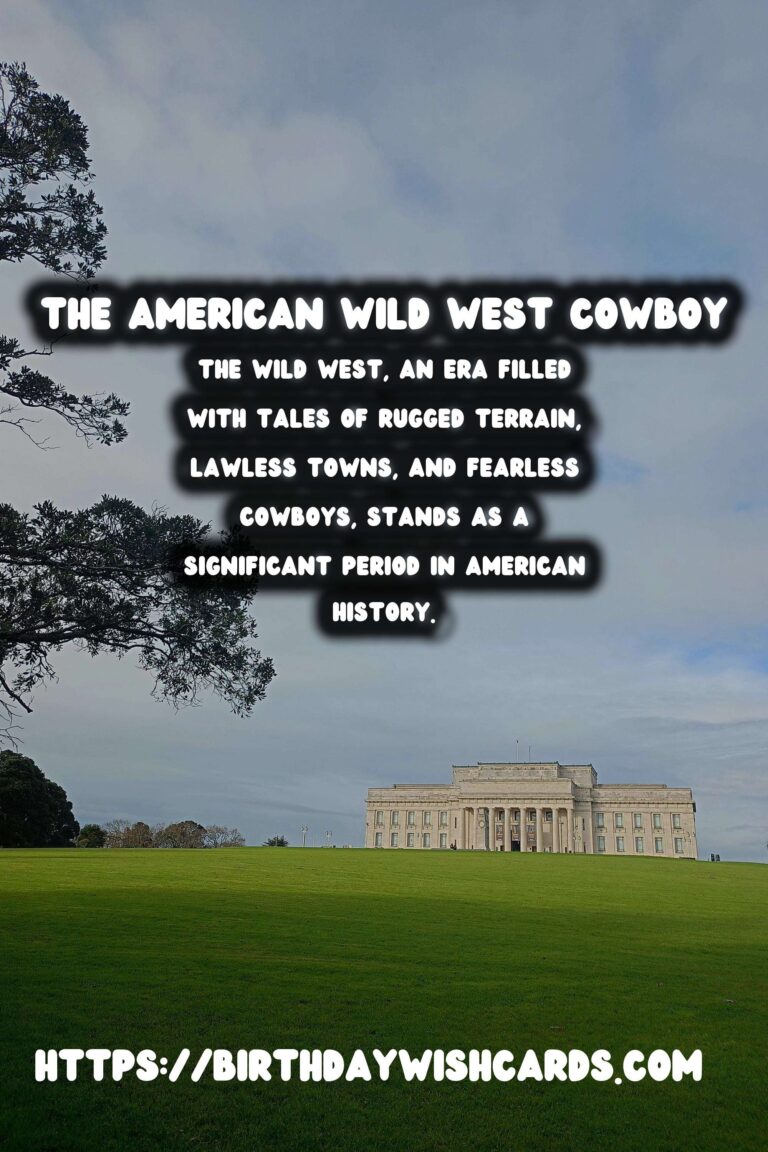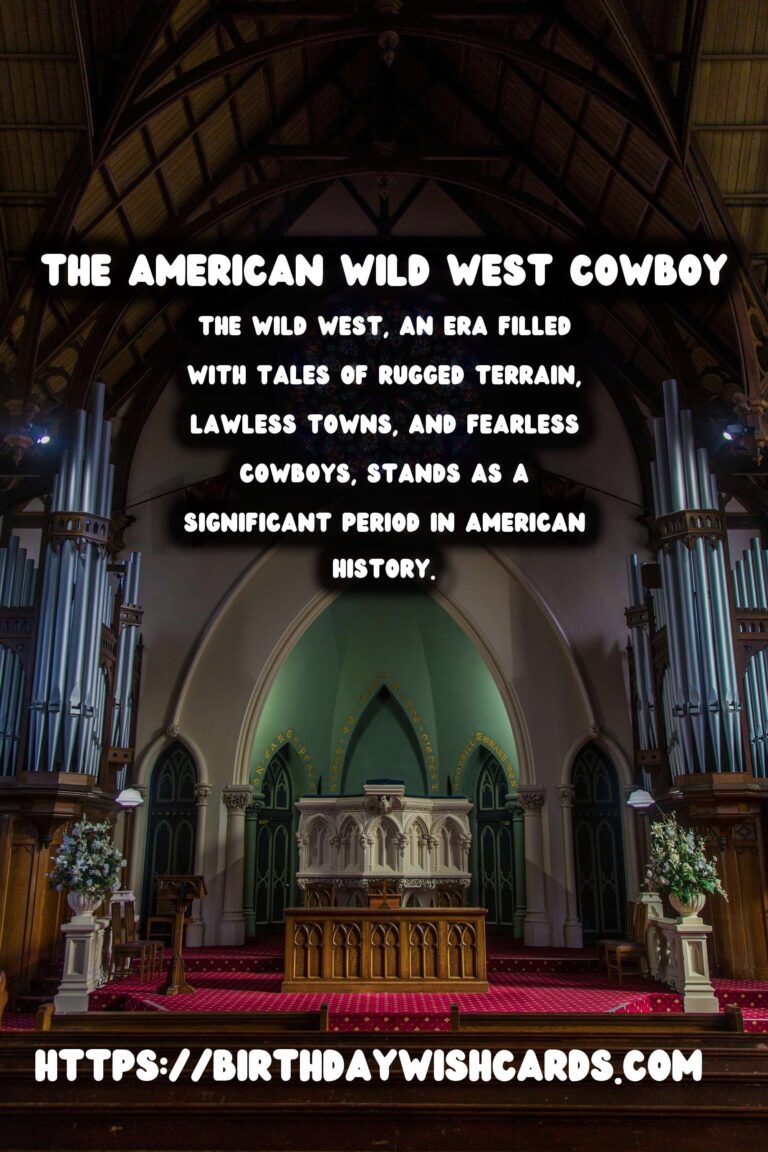
The Wild West, an era filled with tales of rugged terrain, lawless towns, and fearless cowboys, stands as a significant period in American history. One of the most intriguing aspects of this era is the Cowboy Code—a set of unwritten rules that defined the ethos of cowboys in the late 19th and early 20th centuries.
The Origins of the Cowboy Code
The Cowboy Code was not formally documented. It was transmitted through storytelling and daily practice, reflecting a blend of personal honor, respect for nature, and camaraderie. This code was often shaped by necessity and experiences from working in challenging environments.
Main Principles of the Cowboy Code
The Cowboy Code was rooted in several key principles:
- Honesty: A cowboy was expected to always tell the truth, keeping their word at all costs.
- Loyalty: Staying true to one’s ranch and fellow cowboys was paramount.
- Self-reliance: Cowboys were expected to be resourceful and solve problems independently.
- Respect: Respect for nature, the ranch owner, and each other was at the heart of the code.
The Life of a Cowboy
Cowboys were responsible for cattle drives, care of livestock, and maintenance of the ranch. Their daily routine was demanding, requiring both physical endurance and mental resilience. Despite their rugged lifestyle, cowboys held deep-seated values that were reflective of the broader Cowboy Code.
Impact of the Cowboy Code on Modern Society
The Cowboy Code has transcended its historical context, influencing modern values such as integrity, hard work, and fairness. Movies, literature, and cultural references continue to celebrate the cowboy ethic, keeping these principles alive in contemporary society.
Cowboys and Popular Culture
With the advent of the film industry, the cowboy became an iconic figure. Western movies often depict the cowboy’s struggle between good and evil, echoing the Cowboy Code’s moral benchmarks. Characters like John Wayne and Clint Eastwood encapsulate the cowboy archetype.
Conclusion
The Cowboy Code represents an enduring legacy of American history. It encapsulated a time where survival depended on the collective and individual adherence to unwritten, yet deeply respected, values. While the fabric of today’s society has evolved, the Cowboy Code’s ethos offers a timeless blueprint for integrity and moral fortitude.
The Wild West, an era filled with tales of rugged terrain, lawless towns, and fearless cowboys, stands as a significant period in American history. The Cowboy Code has transcended its historical context, influencing modern values such as integrity, hard work, and fairness.
#CowboyCode #WildWest

